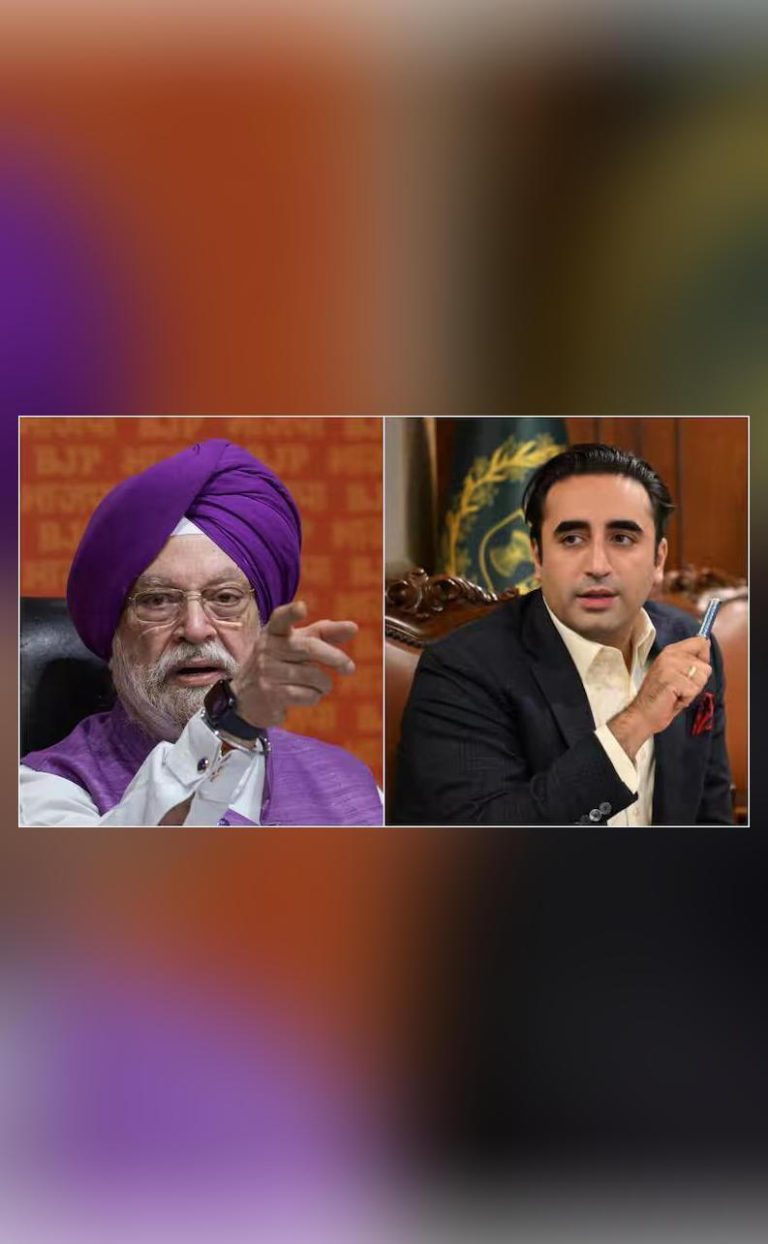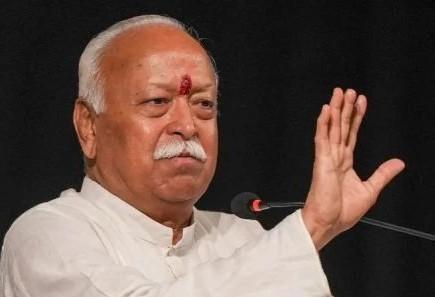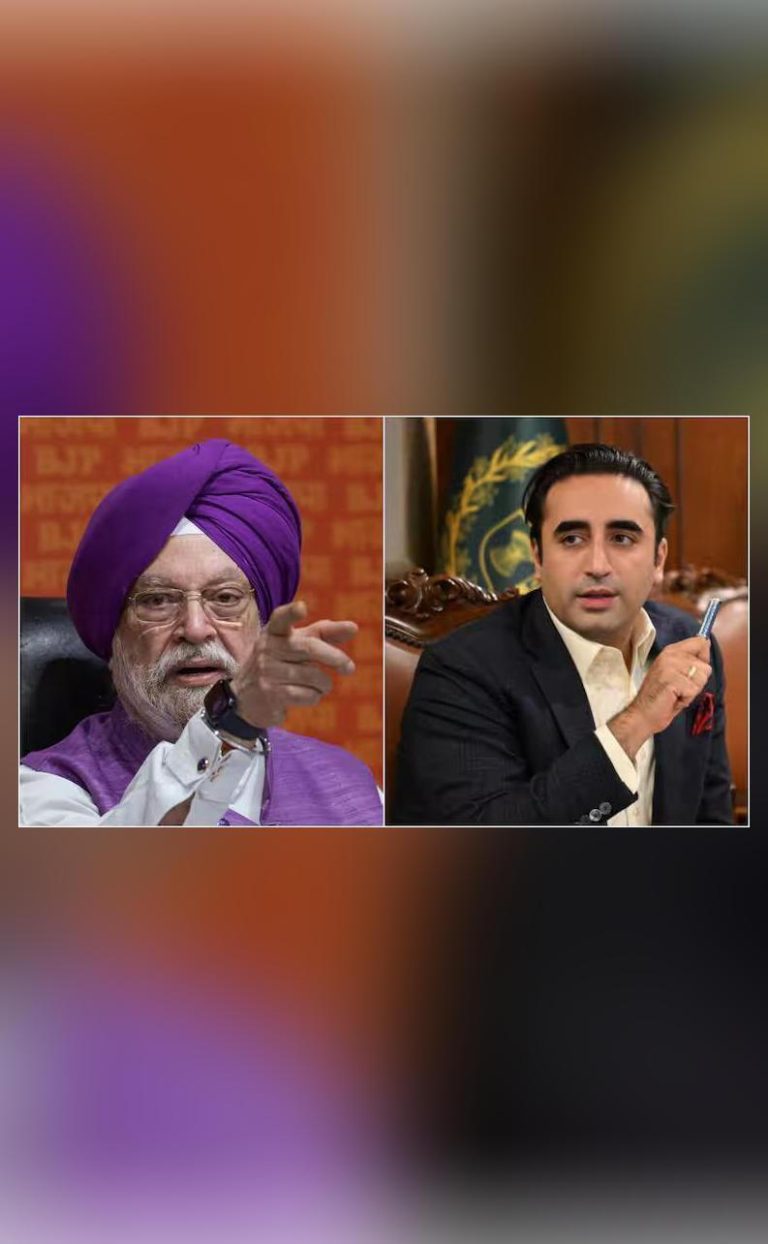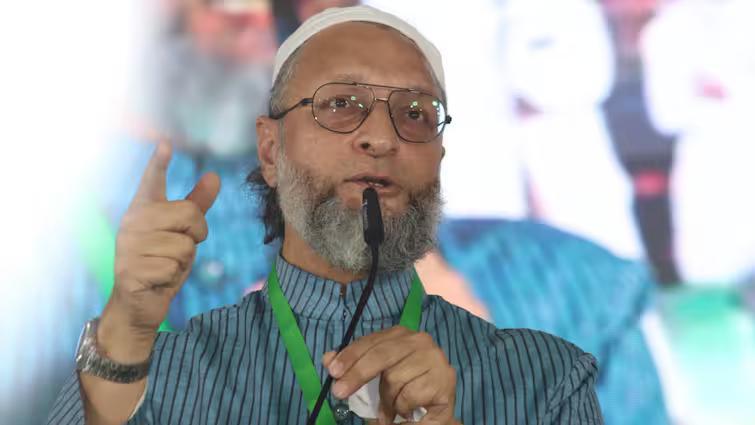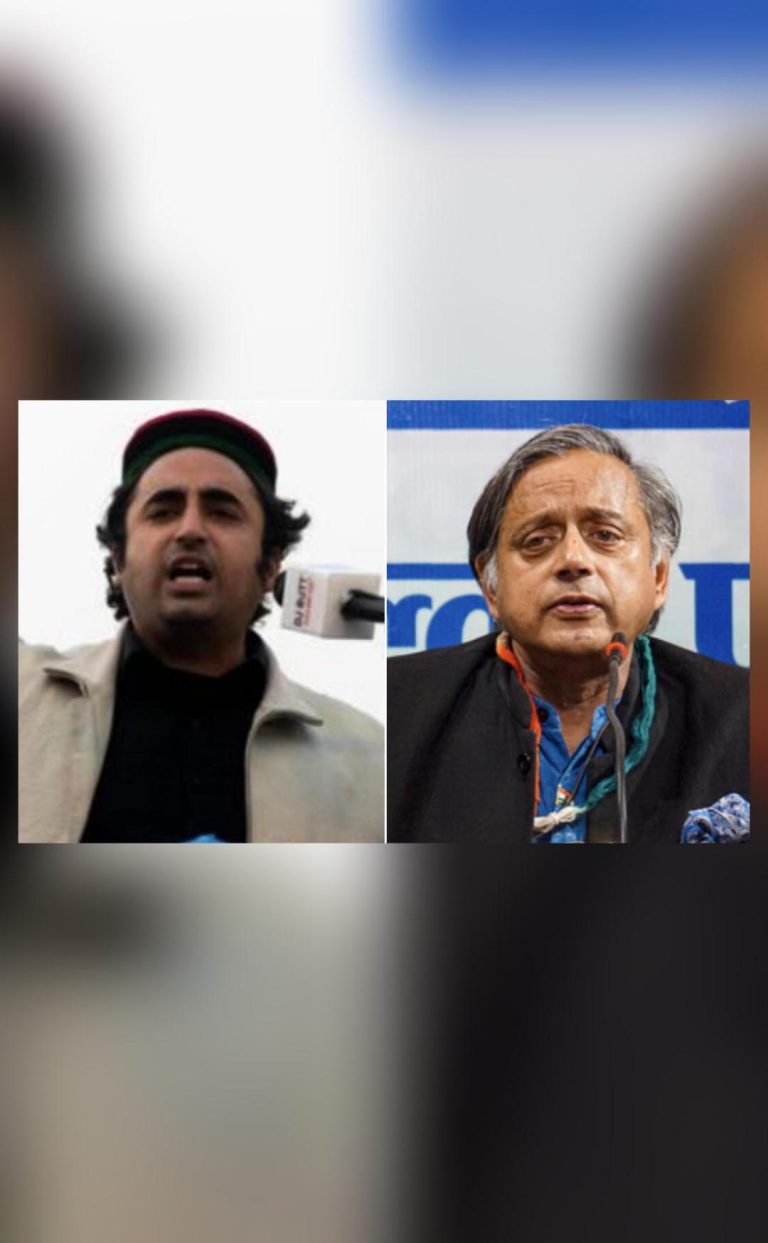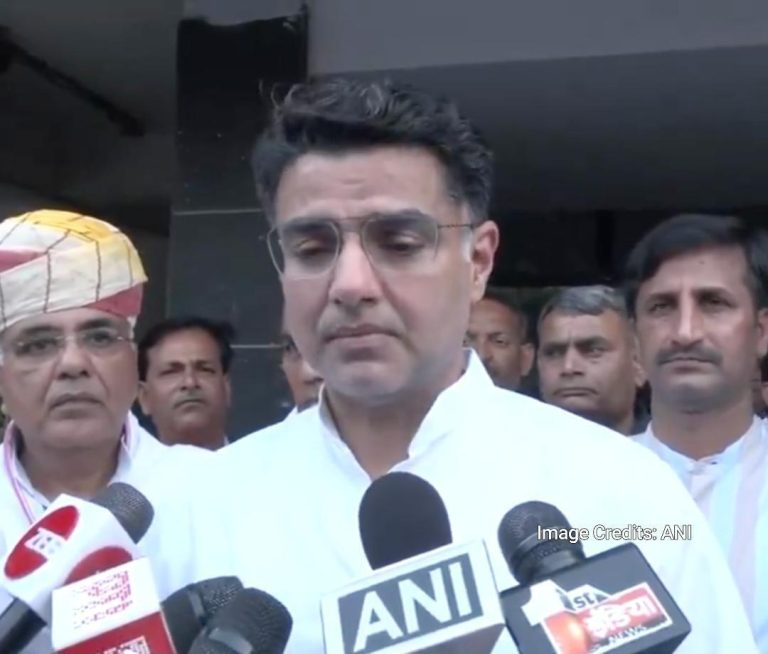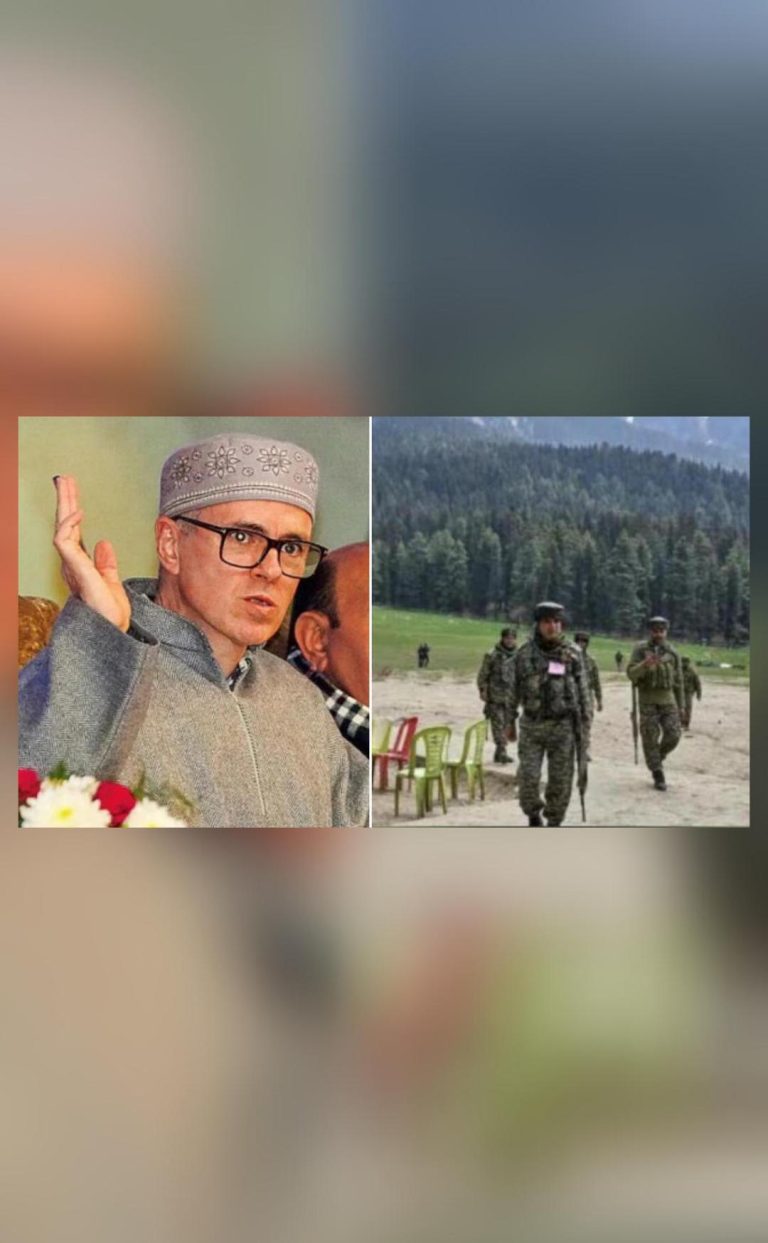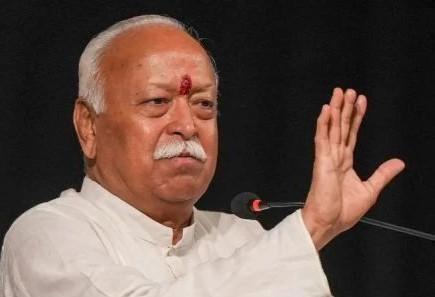
If Someone Turns to Evil, We’ll Teach Lesson: Bhagwat on J&K Attack
The recent terror attack in Pahalgam, Jammu and Kashmir, has sent shockwaves across the nation, leaving many in a state of grief and anxiety. As the country grapples with the aftermath of the attack, RSS chief Mohan Bhagwat has made a significant statement that has sparked a debate on the nation’s stance on violence and retaliation.
In an interview, Bhagwat said that non-violence is India’s religion, but so is teaching a lesson to “oppressors and hooligans.” This statement has raised eyebrows, with many interpreting it as a veiled threat to those who engage in violence and terrorism.
The context of Bhagwat’s statement is crucial to understanding his perspective. The RSS chief was responding to a question about the recent terror attack in Pahalgam, which left several people injured and some killed. The attack was carried out by terrorists who had infiltrated the region, and it has been widely condemned by all sections of society.
Bhagwat’s statement is a reflection of the RSS’s stance on violence and terrorism. The organization has consistently maintained that violence is never the answer and that non-violence is the best way to resolve conflicts. However, Bhagwat’s statement also suggests that there are limits to non-violence, and that sometimes, it may be necessary to take a firmer stance against those who engage in violence and terrorism.
The RSS chief’s statement has been interpreted in different ways by different people. Some have seen it as a call to arms, urging the government to take a tougher stance against terrorism and to use force to protect the nation. Others have interpreted it as a warning to those who engage in violence, saying that the government will not hesitate to take action to protect its citizens.
It is essential to note that Bhagwat’s statement is not a call to violence or a justification for it. Rather, it is a reflection of the RSS’s commitment to non-violence and its willingness to defend the nation against those who seek to harm it.
In his statement, Bhagwat also drew a distinction between those who engage in violence and those who do not. He said that India never harms or disrespects its neighbors, but if someone is bent on being evil, what is the cure? The king’s duty is to protect the people, and he will do his duty.
This statement highlights the RSS’s commitment to non-violence and its willingness to defend the nation against those who seek to harm it. At the same time, it also underscores the limits of non-violence and the need to take a firmer stance against those who engage in violence and terrorism.
The RSS chief’s statement has also been seen as a reflection of the government’s stance on terrorism. The government has consistently maintained that it will not hesitate to take action to protect its citizens and to defend the nation against those who seek to harm it.
In conclusion, Bhagwat’s statement is a reflection of the RSS’s commitment to non-violence and its willingness to defend the nation against those who seek to harm it. While some may interpret it as a call to arms or a justification for violence, it is essential to note that the RSS chief’s statement is a reflection of the organization’s commitment to non-violence and its willingness to take a firmer stance against those who engage in violence and terrorism.
Source: https://youtu.be/SpAKVWl5wII
